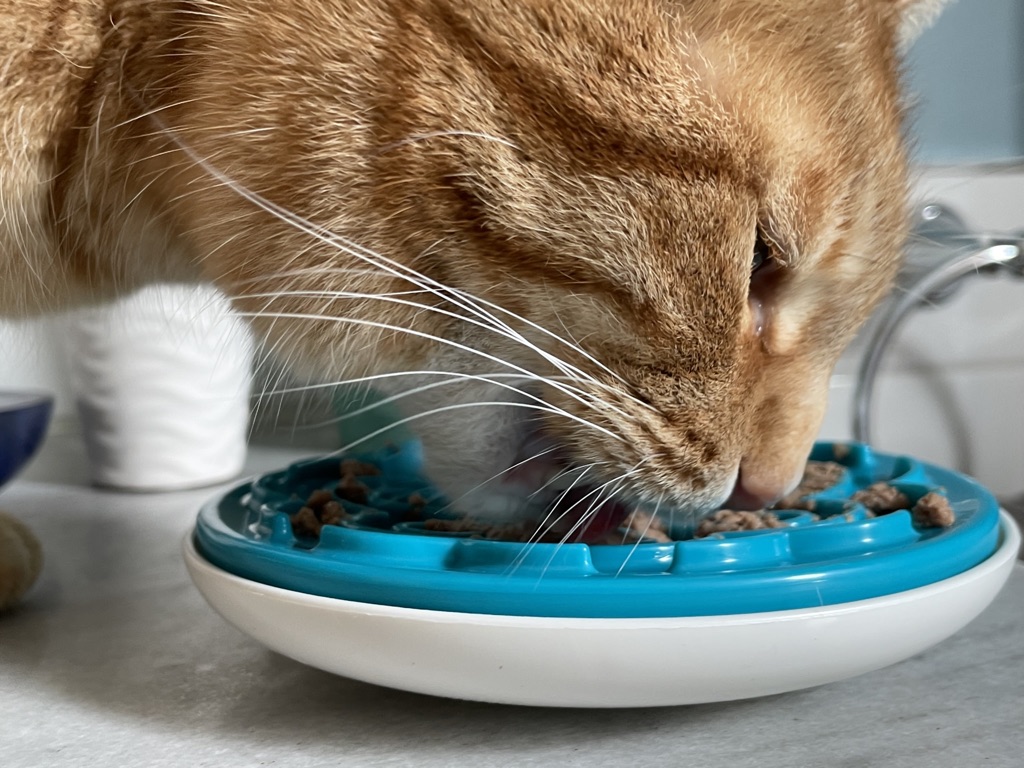ROCKWOOD – Buying Canadian has never been more top-of-mind. Many of us are being more selective at the grocery store for our own food and pet owners are understandably wanting to do the same when feeding their dogs and cats. If only it were that simple.
People can rotate what they eat daily to achieve balanced nutrition and this allows the flexibility to be fairly selective in what to buy at the grocery store.
In other words, there are infinite ways to piece together a healthy meal using different combinations of a wide range of ingredients.
Dogs and cats generally don’t tolerate a varied diet due to a less robust population of natural bacteria in their gut; they are prone to gastrointestinal upset if their diet is changed rapidly. So what they are fed has to be consistent every day and, most importantly, nutritionally complete and balanced.
The diet we feed our pets is as essential to their health as vaccinations and preventative medications. Every bag of kibble and tin of wet food must contain all the required nutrients – such as proteins, vitamins, and minerals – needed to maintain health and avoid nutritional deficiencies.
For dogs and cats that require a veterinary diet to manage a medical condition, nutrition is even more critical.
In order to manufacture a nutritionally complete and balanced diet, pet food companies must source a variety of ingredients that meet stringent quality standards. Some of these ingredients – usually essential vitamins, minerals and amino acids – are simply not available in Canada.
While there are some excellent Canadian pet food companies out there, the likelihood of their products being 100% Canadian is slim to none.
Lastly, many pet nutrition companies are owned by larger international conglomerates. Smaller, boutique-type companies may be independent and fully Canadian-owned but also may not have the capacity to employ veterinary clinical nutritionists nor to apply the same degree of quality control standards that are found in larger-scale operations.
The World Small Animal Veterinary Association’s guidelines on selecting pet foods is a simple, unbiased tool to help pet owners evaluate and compare brands and diets.
If your dog or cat is doing well on their current diet, and especially if they are on a specific food for medical reasons, you should avoid a patriotic diet change for your pet.
And if you do decide to make a switch, consult a veterinary team first for guidance on diet selection and a safe transition.
In these unprecedented times, we need to come together as a country and support our local economy whenever possible.
But when it comes to our pets, we must look at the bigger picture and prioritize pet health over politics.
* * *
Dr. Kirsten Graham operates Rockwood-based Graham Mobile Veterinary Weight Management Services, which helps manage obesity in dogs and cats.



